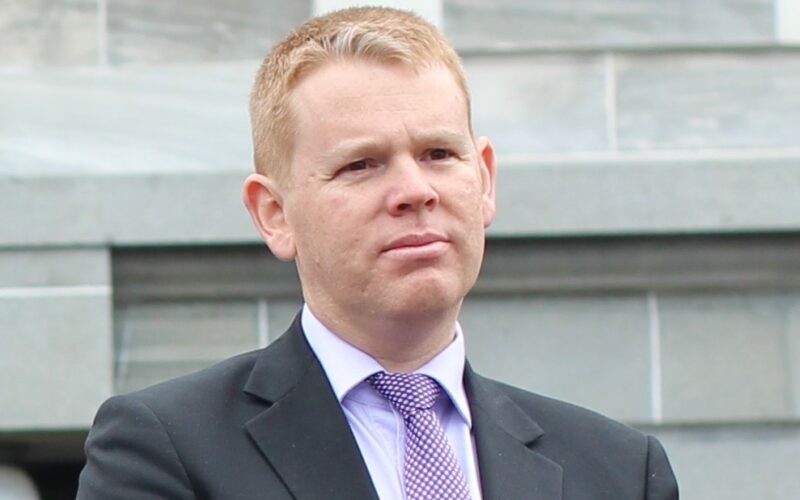Exporters have started the final countdown to improved access to a market of 450 million consumers with Prime Minister Chris Hipkins set to the long-awaited European free trade deal in Brussels this weekend.
The terms of the deal were agreed in June last year after four years of formal negotiations and a decade or more spent getting the European Union to the table for talks.
All that remains is for the New Zealand and European parliaments to pass legislation to enable the agreement to commence.
Given its small size, it is usual for NZ to have to wait for overseas lawmakers to work through other priorities before signing off on trade deals with it.
However, Beef + Lamb NZ trade policy adviser Nick Jolly said exporters could be in the unusual position of having to wait for NZ to pass enabling legislation before they can reap the benefits of the EU deal.
Jolly said limited opposition to the deal in the EU Parliament and the short window left to pass legislation in the NZ Parliament before October’s general election make it likely the Europeans will be first across the line.
“The French and the Irish are going to complain regardless but there is not significant opposition, which probably points to the outcomes that we got for some of our products.
“It is probably our election that is going to hold things back.”
Jolly said key EU non-governmental groups that could typically be relied on to oppose the 27-member trading bloc’s free trade agreements have signalled they will lobby European parliamentarians to support the deal with NZ.
“When you talk to some of the animal welfare groups over there they are actually quite happy with the precedent it sets for future FTAs for some of the things they have been advocating for a while, for so they are keen to get it through is my understanding.”
The dairy and meat sectors have complained bitterly about the limited returns for them from the deal, but there are more substantial wins for second-tier export industries including wine, kiwifruit, seafood and onions.
NZ Winegrowers chief executive Philip Gregan said NZ wine exporters are eagerly anticipating the agreement’s start date.
The current tariff of €0.15 (26 cents) per litre for bottled wine with an alcohol content of less than 15% – the majority of NZ’s wine exports to the EU – will be scrapped on the first day.
However, just as important is the alignment of EU regulatory requirements with current NZ winemaking practices. Parameters for sugar and acid contents will be relaxed.
“That will give winemakers here more confidence that there are not going to be issues with access to the market, because they have had a particular set of issues with making wine in a particular year that could cause them problems getting wine into the EU.
“It is going to give them more confidence about getting into that market,” Gregan said.










